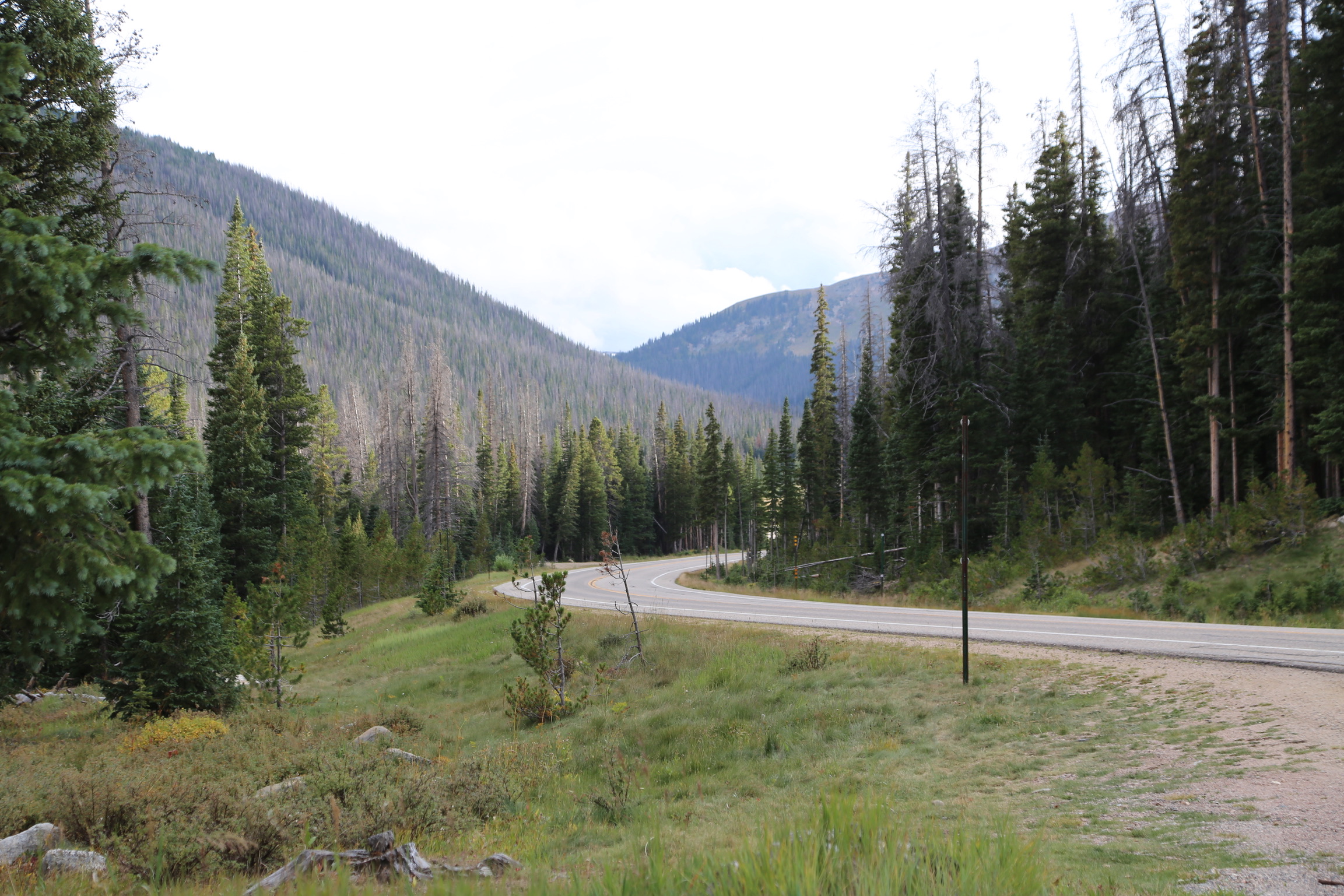Recently I led a Quiet Day at a local retreat center on Howard Thurman who was mentor and spiritual adviser to Dr. Martin Luther King, Jr. What is a Quiet Day you might ask? I describe it as a weekend silent retreat packed into a single day. It provides each person in attendance an opportunity to disconnect from the world for a few hours, power down the electronic devices and get off the grid. A Quiet Day allows for calming the inner chatter and just basking in the stillness that lies below it in our minds. Actually I’ve noticed that most environments especially natural settings possess quiet, stillness, and serenity until we introduce noise into them. A certain joy always emanates from the peace nestling in such places.
In preparation for the Quiet Day, I learned some new things about Howard Thurman and what brought peace and joy to his heart. As I’ve mentioned in previous posts, Thurman was an extraordinary mystic, theologian and preacher and his life and writings offer a number of suggestions about how to live in a world of turmoil yet keep a certain awe, peace and hope in one’s heart. I want to share a few examples from his life here.
Howard Thurman found great peace outside in nature. He grew up in Daytona Beach so as a young boy he often heard the rush of the ocean, the tides washing against the rocks as well as the sea gulls adding a song each morning. There was something calming in the sound of the sea and he felt a certain serenity as he gazed at and rowed across the Halifax River near his childhood home.
Thurman also spoke of a favorite oak tree. He gained great wisdom from just observing the tree. He noticed that when big wind and rain storms came off the ocean, the tree limbs and branches would swing and sway in the storm, but the tree never toppled over. There was something about having a strong foundation and deep roots that kept it upright even though tossed and turned in a storm. Thurman knew the tree represented something about his center, a sense he possessed that as external events might appear chaotic, he could remain rooted and not be subject to the whims of life. Thurman also talked to the oak tree. He felt like the tree somehow listened deeply and carried some of his burdens for him. Sometimes he felt if he sat below the tree in quiet, he heard an answer to some burning question or issue he lay before it.
Thurman’s experiences remind me of my own many years ago when I lived in Santa Cruz, CA as a college student. I moved into a duplex my senior year that was located not far from the ocean. I too, could hear the ocean at night and there was a definite calmness that was brought on by listening to the ocean. In addition, I found a special large rock that I sat on and gazed out into the sea. I would go there and share my joys, sorrows and even ask some questions of the vast ocean. It’s the one thing I missed most after I graduated and left California.
Thurman was a lover of silence and stillness. He observed that we need to stop the traffic in our minds sometimes just so we can get a grip on what is going in our lives, to better understand the people that we are, and determine what we want. He advocated silence for everyone but especially for those who were on the front lines of the Civil Rights Movement. He felt that each one of us needs a sanctuary, a place to go where we could garner peace as well as inner strength. For Thurman taking some time for silence was the human equivalent of refueling ourselves. Thurman and Gandhi both (they met in 1936) felt that the vitality needed to change one’s circumstances whether they be personal or on a larger social scale came from feeding one’s spirit just like we drink and eat to feed our bodies. That nurturing of spirit comes through stopping and being quiet as often as we can. Some people might label this kind of lifestyle “contemplative living,” or a life of living in the present (practicing mindfulness ) and in the Presence.
Is there some aspect of nature that calms you? Perhaps it is the sound of running water or the birds singing or the tapping of a woodpecker. Maybe the wind gushing through the singing pine trees, or watching snowflakes gently kiss the ground gives you a sense of inner peace. How has nature befriended or nurtured you? Do you have a special tree, rock, lake, stream, park, garden, or place you can go to take your cares to? Could playing calm music while you complete daily chores like getting ready for school, cooking or cleaning or driving to work create a more serene atmosphere?
I am certain Howard Thurman would be delighted to know that a Quiet Day was held to listen to a few of his meditations, walk around in nature and have contact with the stillness in our minds. In fact, I am certain if he were still alive, the mere idea of a Quiet Day would make his heart sing. Perhaps in the midst of the political turmoil dancing all around or during the doldrums of February, the deep days of winter, you might create a “quiet day” in your own home, allowing the songs of the birds to be your music, a crackling fire to provide you with beauty and healthy snacks to nourish your body. I suspect like Howard Thurman, a day of quiet will kindle some deep peace and joy in your heart.



